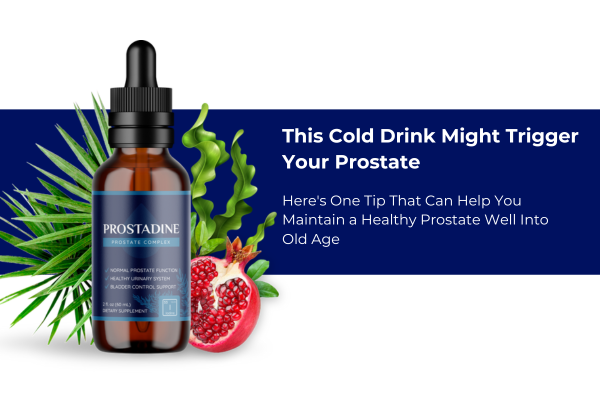Introduction
Hello and welcome to our comprehensive guide on prostate health. The prostate is a small gland that plays a crucial role in the male reproductive system. While it is normal for the prostate to enlarge with age, certain conditions can affect its health, leading to problems such as prostatitis, benign prostatic hyperplasia (BPH), and even prostate cancer. In this article, we will explore the functions of the prostate, common issues that may arise, and most importantly, practical tips on how to maintain a healthy prostate.
Understanding the Prostate
The prostate is a walnut-sized gland located just below the bladder, surrounding the urethra. Its primary function is to produce seminal fluid, which nourishes and transports sperm during ejaculation. As men age, it is not uncommon for the prostate to undergo changes, often leading to an enlargement of the gland.
Common Prostate Health Issues
- Prostatitis: This is the inflammation of the prostate gland, often caused by bacterial infections. Symptoms include pain in the pelvic area, difficulty urinating, and discomfort during ejaculation.
- Benign Prostatic Hyperplasia (BPH): BPH is a non-cancerous enlargement of the prostate, commonly occurring as men age. Symptoms include frequent urination, a weak urine stream, and difficulty emptying the bladder.
- Prostate Cancer: Prostate cancer is one of the most common cancers in men. Early detection is crucial for effective treatment. Symptoms may include difficulty urinating, blood in the urine or semen, and pelvic pain.
Proactive Steps for a Healthy Prostate
- Maintain a Healthy Diet:a. Antioxidant-Rich Foods: Include fruits and vegetables in your diet, as they are rich in antioxidants that help protect your prostate cells from damage.b. Omega-3 Fatty Acids: Incorporate sources of omega-3 fatty acids, such as fatty fish (salmon, mackerel) and flaxseeds, as they have been associated with a lower risk of prostate issues.c. Limit Red Meat and Dairy: High consumption of red meat and dairy products may contribute to an increased risk of prostate problems. Opt for lean protein sources and plant-based alternatives.
- Stay Hydrated:Adequate water intake is essential for overall health, including prostate health. Proper hydration helps in flushing out toxins and maintaining optimal urinary function.
- Regular Exercise:Engage in regular physical activity, as exercise has been linked to a lower risk of prostate issues. Aim for at least 150 minutes of moderate-intensity exercise per week, such as brisk walking, jogging, or cycling.
- Maintain a Healthy Weight:Obesity is associated with an increased risk of prostate problems. Adopting a healthy lifestyle that includes a balanced diet and regular exercise can help in maintaining a healthy weight.
- Practice Safe Sex:Sexually transmitted infections (STIs) can lead to prostatitis. Practice safe sex by using condoms and maintaining good sexual hygiene.
- Regular Prostate Check-ups:Routine check-ups with your healthcare provider are crucial for early detection of any potential issues. Discuss your family history and personal risk factors to determine an appropriate screening schedule.
- Manage Stress:Chronic stress can negatively impact your overall health, including your prostate. Practice stress-reducing activities such as meditation, yoga, or deep breathing exercises.
Conclusion
Maintaining a healthy prostate requires a combination of lifestyle choices and regular medical check-ups. By adopting a proactive approach to your health, you can reduce the risk of prostate issues and ensure a better quality of life. Remember, early detection and intervention are key, so prioritize your prostate health and make informed choices for a healthier future.
- American Cancer Society. (2022). Prostate Cancer. Website: https://www.cancer.org/cancer/prostate-cancer.html
- Mayo Clinic. (2022). Prostatitis. Website: https://www.mayoclinic.org/diseases-conditions/prostatitis/symptoms-causes/syc-20355766
- Harvard Health Publishing. (2022). The pros and cons of omega-3 fatty acids. Article: https://www.health.harvard.edu/staying-healthy/the-pros-and-cons-of-omega-3-fatty-acids








